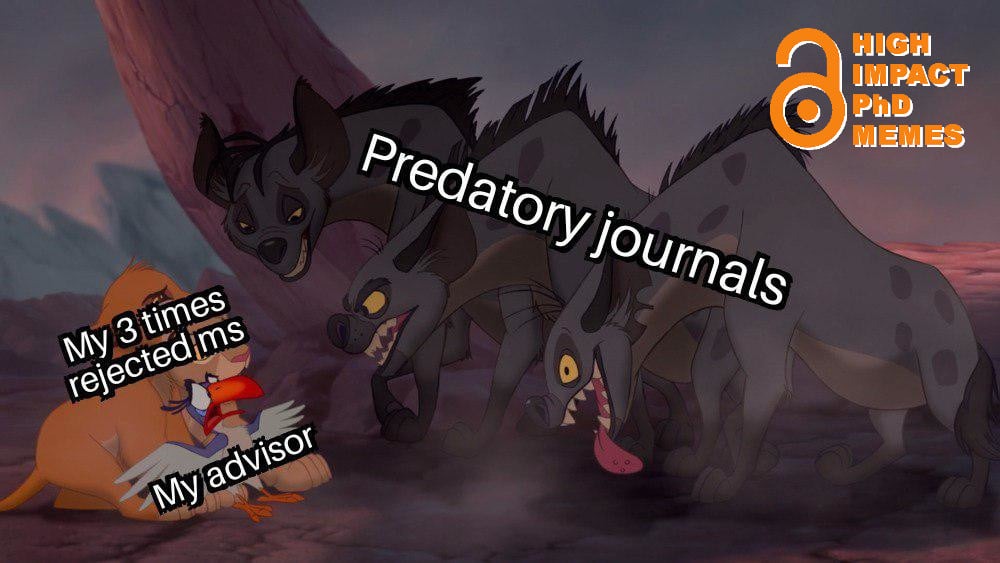
April 19, 2021, by Lisa Chin
Steering clear of predatory publications & delving deep into Vitae’s Researcher Development Framework
*This post is written by Dr Tissa Chandesa, Research Training Development Manager at the Graduate School.
For many, sustaining a research career after obtaining a PhD is no easy feat. At this point, you are considered as an independent researcher, who should be able to map out your own research pathway on your own. We at the Graduate School are fully aware of how hard this process is. As a result, we try our best to conduct sessions that provide guidance and wisdom on how best you can map out your research pathway, moving forward. In March 2021, we organised two sessions aimed at introducing fellow researchers to predatory publications and Vitae’s researcher development framework.
Within the research community, there is a famous saying that many of us have heard and continue to hear till this day – publish or perish! Publishing plays a pivotal role to a sustainable career in research. However, not all publication organisations should be trusted. In the Predatory Publications and How to Avoid Them session, Dr Thomas Barker, Head of the School of Media, Languages and Cultures and a member of the University of Nottingham’s San Francisco Declaration on Research Assessment (DORA) Working Group, aimed to help fellow researchers navigate the complicated world of publishing and knowledge exchange by identifying and avoiding predatory publications. Additionally, Dr Barker hopes to raise awareness of other publication options available to fellow researchers to disseminate knowledge and create impact.
“News about predatory publications and poor academic practice circulated publicly in early 2021 identifying Malaysia as a country particularly prone to publishing in predatory journals. In addition to the perceived lack of awareness and due diligence on the part of fellow researchers, many have also blamed the increasingly competitive higher education landscape and over-reliance on metrics,” said Dr Barker. As a result, the following learning outcomes were covered during the two-hour session:
-
-
Identify various types of publications including predatory publications
-
Understand ways to create impact with research and forms of knowledge exchange
-
Develop an understanding of the research publication landscape
-
The Vitae’s Researcher Development Framework (RDF) describes the knowledge, behaviour and attributes of successful researchers. Developed by Vitae, a UK organisation championing the personal, professional and career development of doctoral researchers and research staff in higher education, the RDF helps researchers to:
-
-
explore all the aspects of being a researcher
-
identify their strengths
-
prioritise areas for professional development
-
write a plan, then monitor progress and success have productive discussions with others, e.g., supervisors, principle investigators, careers advisors or other professional development providers
-
look for formal and informal development opportunities
-
prepare for one-to-one progress reviews, appraisals or career development conversations with supervisors, research managers or mentors
-
Since every researchers’ training needs are different and specific to them alone, therefore the Introduction to Vitae’s Researcher Development Framework session aimed at helping researchers to reflect their research skills and identify gaps that they would like to develop further as part of their continuous researcher development. The following learning outcomes were covered during the 1.5-hour long session:
-
-
Identify gaps within researchers’ research development
-
Analyse strategies for planning and mapping your researchers’ development in the context of the Researcher Development Framework
-
To all the attendees who contributed their valuable time to attend the above-mentioned sessions, we at the Graduate School would like to sincerely thank you for your participation.
Moreover, we will kick start our Supervisory Research Seminar Series for 2021 later this month (April 2021). These sessions are open to all our research supervisors.
We look forward to seeing you there!
-
Post a comment

